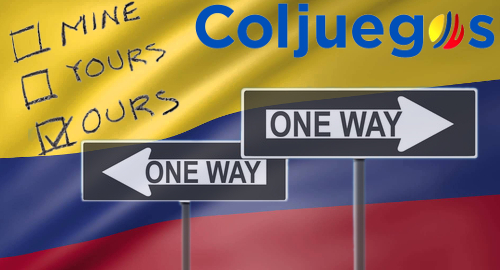 Colombia has reportedly flip-flopped on plans to allow its online poker licensees to share player liquidity with internationally licensed poker sites.
Colombia has reportedly flip-flopped on plans to allow its online poker licensees to share player liquidity with internationally licensed poker sites.
Last November, Colombia’s Coljuegos regulatory agency announced that it would allow its licensed online poker operators to share player liquidity with poker sites in other regulated markets. Last week, iGaming Business quoted the head of Colombia’s gaming trade group Fecoljuegos saying the liquidity sharing plans were toast.
There’s been no official word from Coljuegos on the matter, but according to Fecoljuegos president Evert Montero Cardenas, the regulator’s liquidity plan is no more “because there were many issues regarding the potential risks on the control of cash and the players abroad.”
However, Cardenas may have gotten to the true heart of the matter when he noted that shared liquidity “did not offer any benefits to the national operators,” given that no domestic operators currently operate poker sites in any international jurisdiction with which they could pool liquidity.
Colombia has issued nine online gambling licenses since the market liberalized last year, but Coljuegos has yet to issue a single online poker license and this latest news likely won’t do much to improve that statistic.
The Stars Group cited Colombia’s original decision to ring-fence its online poker market as partial justification for its flagship PokerStars brand’s decision to exit Colombia in July 2017. At the time, the company claimed it was having “positive and proactive discussions” with Coljuegos about what would be required for PokerStars’ return, but those discussions are likely done for the foreseeable future.
Coljuegos continues to attempt to block the domains of gambling sites not holding a local license and has established a toll-free hotline and email address via which Colombians can rat out illegal gambling, including local operations.
Late last month, a 400-strong combined police and army force raided 34 different locations in the municipality of Pitalito and the city of Neiva, confiscating 279 computer terminals that connected to unapproved online betting sites. The raids nabbed a total of 20 suspects who face charges of illegal gambling, which could net them significant fines and prison sentences up to eight years.